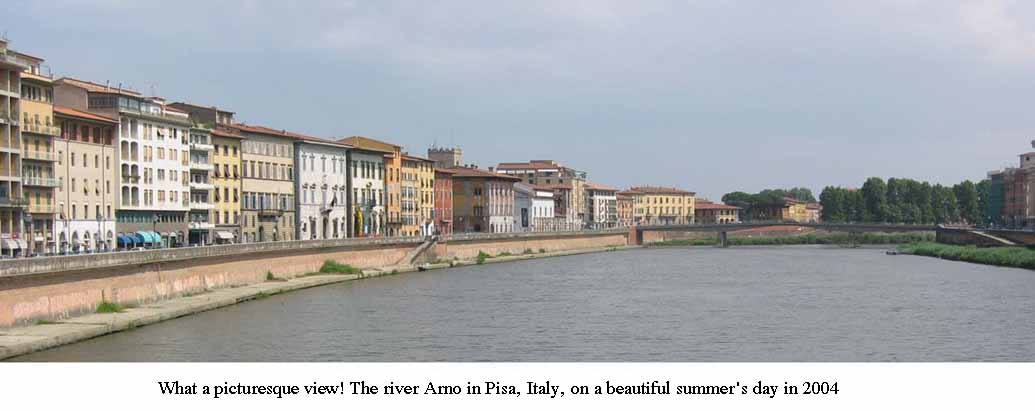'A moment in time' in the lives of Dorothy and William Wordsworth
Workshop on Writing Lives
run by Dr Kelly Grovier
Assignment # 3 to be presented by Albert Hans on 2nd August, 2006
“Week Two – Writing Task for Meeting Two
After reading and considering the diary extract from Dorothy Wordsworth, the poem it
inspired by her brother, William, …. undertake one of the following writing options:
1) assume the role … of the Wordsworths, and digest the substance of … the diary extract
by Dorothy and the poem by William in compelling prose of not more than 300 words.
In doing so, you may directly quote from the relevant text(s) no more than three times
for a total of thirty words. If you choose this option, you will imagine that you are
recreating a moment in the lives of … the Wordsworths. What actually took place?
What do you need to add or research in order to make sense of what is referred to,
and to help the reader make sense of the events? What will you decide to leave out
as relatively less important or interesting? How do you describe the subjects’ feelings,
thoughts, and ideas in ways that connect with a readership today?”
Here my answer:
Biographical sketch of ‘a moment in time’ on a certain day
in the lives of Dorothy and William Wordsworth
The entry in Dorothy’s diary on April 15, 1802, describes a walk with her brother along the shore of the lake they lived at in those days. Whereas she is devoted to a meticulous depiction of the charmingly beautiful landscape around them, minute details of flowers, trees and other plants, their colours, the grace of their continuously changing movements in a chronologically straight forward order, in which she perceives all this as they hike along, her brother William picks out a single moment, one particular event that attracts his attention inescapably and which seems to him worth focusing on. Both sister and brother become enchanted by an encounter with what William highlights as “ A host, of … daffodils” (l.4).
As becomes evident from a close study of the tightly knit, imagery sparkling prose passage Dorothy dedicated to the appreciation of that unsuspected ‘meeting’ with ‘daffodils’, William must have drawn from this source when making that very moment immortal by giving it shape through the form of a poem[1]. It is quite a number of ingredients which William takes over from Dorothy’s model to frame the recipe and set up what has become an undisputed piece of art, something that has transmuted those transitory social beings of “ daffodils” into everlasting, heavenly-like companions[2] of men feeling lonesome.
One is however misguided if one tends to think that William’s version of presentation is essentially richer in its figurative use. On the contrary, Dorothy morphs little details from her acute perception of the natural environment into singularly effective images. The “stones” upon which the daffodils grow are compared to “pillows” upon which to “rest” their “heads”.
The major, outstanding difference between Dorothy’s lines and her brother’s poem lies in the fact that William deviates from the facts of the moment in that he maintains to have “wandered lonely as a cloud”, thus denying the company of his sister. He does this – in line with what is accepted as ‘poetic licence’ – to heighten the vigour of the value of his newly found friends, the ‘daffodils’.
-------------------------------
Here the link to the extract from Dorothy Wordsworth’s diary, which for copyright reasons I’m afraid I’m not permitted to publish on my site:
https://www.rc.umd.edu/rchs/reader/dwdaff.html
I leave out her brother William’s famous poem “I wandered lonely as a cloud” as this is widely known anyway and claimed to fame as well.
________________
[1] marked by a regular metre and an alternating rhyme; thus very conventional in its formal
make-up, yet at the same time exceedingly appealing due to a variety of well-chosen
stylistic devices
[2] They are equated with “stars” (2nd stanza, l.1), thus endowed with eternal life, guiding
and giving us consolation on our path/pilgrimage through this world.

